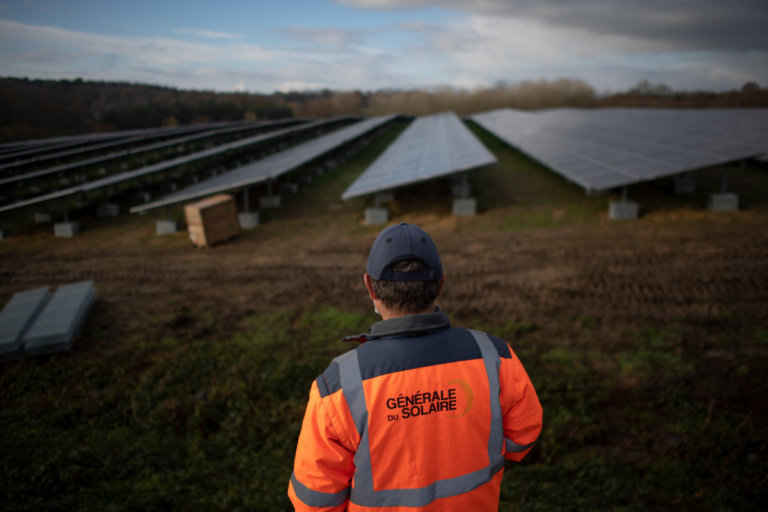
Green jobs are not necessarily new; some are modified or evolved versions of traditional careers. In building a more sustainable future, every industry must incorporate environmental consciousness and consideration into its daily operations. This requires professionals who are trained in best green practices.
According to the United Nations Environment Programme, green jobs are “occupations in the agriculture, manufacturing, research, and development, administration and service sectors that contribute decisively to preserving or restoring environmental quality.” If this is something you are passionate about, check out these five fast-growing green jobs of the future — which sparks your interest?
Environmental technician
If you’re technically gifted, this is where you could channel your passion. As a technician, you will extensively analyse bioinformatic and geoinformatic data to optimise systems and processes. For example, you could specialise in water quality to better utilise one of the earth’s most valued resources. Water quality technicians play an important role in ensuring we use water safely and responsibly.

Automotive engineering is set to develop in leaps and bounds. Source: Jimin Lai/AFP
Automotive or mechatronic engineer
The transportation industry is a key growth area for green jobs of the future. We need vehicles that are not only smarter but more energy-efficient. On that note, the US Department of Labour’s Bureau of Labor Statistics states that manufacturing jobs account for a majority of the country’s green jobs. This includes clean car engineers who figure out how to replace fossil fuels with wind or solar power, as well as environmental industrial mechanics who keep green cars running smoothly.
Innovators may find their mechanical, electrical, computer, and software skills better suited to mechatronic engineering. You get to automate systems and build robots. Your contributions are sure to evolve as systems and products improve, so your talents will remain relevant regardless of circumstances.
Energy management expert
Did you know that Europe produces 30% of the world’s photovoltaic power? According to the European Commission, the production of solar cells and photovoltaic systems has doubled every two years for the past decade. The professional demand in this area is set to increase over the coming years, as costs go down and efficiency goes up.
That’s why you may have a future as an energy management engineer or consultant. You can also take your career as an energy engineer further by specialising in a resource — for example, as a solar cell expert.

Le Perray-en-Yvelines Mayor Paulette Deschamps talks with her lawyer and former French Ecology minister Corinne Lepage as she appears at the Tribunal Admnistratif of Versailles, west of Paris, on Sept. 13, 2019, after she ordered that pesticides be banned from being used closer than 150 meters from homes in her locality, causing farmers anger. Source: Geoffroy Van Der Hasselt/AFP
Environmental lawyer
If you have an unwavering passion for the environment and oratory skills to go with it, this is your best bet. The world needs environmental lawyers to stand up in conservation, trade, and human rights issues. You will advise clients on green standards and sustainability issues while holding corporations responsible for their actions on the environment.
Natural scientist
As the earth changes faster than ever, the need for fundamental environmental science practice and research becomes more urgent. Biologists, chemists, physicists, and geologists are well-versed in studying the earth and its resources. Not only do they observe and record the planet’s changing conditions, but also tell how these changes impact entire ecosystems.










